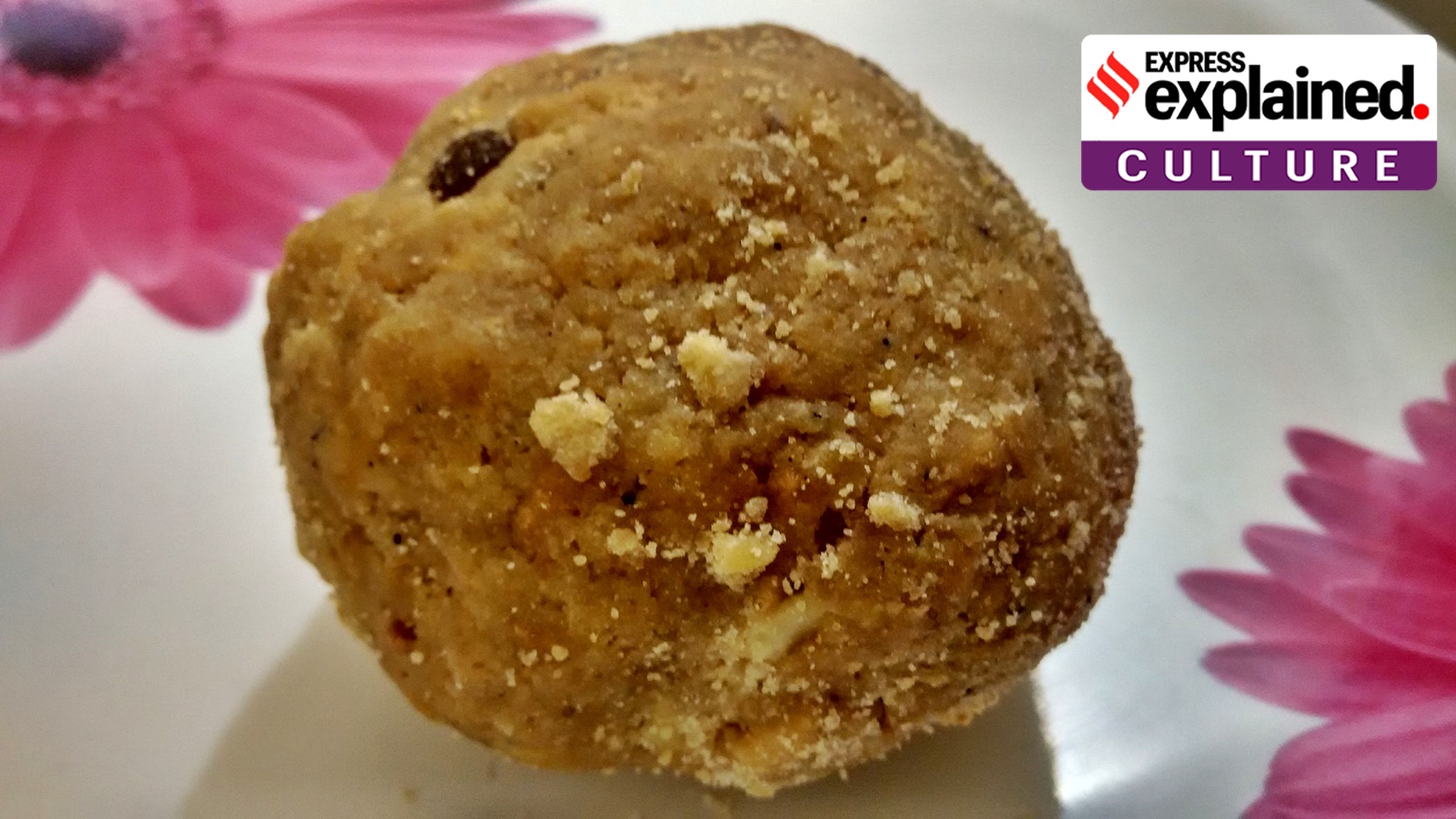
One of the petitions was filed by YV Subba Reddy, former Chairman of the Tirumala Tirupati Devasthanams (TTD), which oversees the operations of the temple, while the second was submitted by Rajya Sabha MP Subramanian Swamy. Both pleas seek the Supreme Court's intervention to ensure transparency and accountability in the handling of the temple's religious offerings.
Reddy's petition criticized the failure of both state and central authorities to address concerns raised by former Andhra Pradesh Chief Minister Chandrababu Naidu, who had previously made statements about the quality of the ingredients used in the laddoos. The petition alleges that Naidu’s political party, the Telugu Desam Party (TDP), deliberately stoked fears among devotees by making unverified claims in the media, leading to a loss of trust in the temple’s management.
Swamy's petition focuses on the need for a forensic investigation into the origins and quality of the ghee being used in the preparation of the prasadam. He has demanded an independent inquiry, supervised by the Supreme Court, to ensure that no substandard or non-vegetarian ingredients are used in the laddoos, which are an integral part of the temple’s religious customs.
The controversy gained traction after lab reports surfaced, allegedly pointing to the presence of animal fats in the ghee used in the laddoos. These reports have since ignited a public outcry, prompting calls for a deeper investigation into the temple’s supply chain and production processes. Both Reddy and Swamy emphasized the significance of the issue, highlighting that the sacred nature of the laddoos is enshrined in the religious rights protected under Article 25 of the Indian Constitution, which guarantees freedom of religion.
The petitioners argued that the TTD, as the temple’s governing body, must be held accountable for the allegations and called for internal reforms within the organization. They stressed the importance of maintaining the sanctity of the temple’s traditions, noting that any compromise in the quality of the prasadam could deeply offend the sentiments of millions of devotees worldwide.
The Supreme Court, while accepting the petitions, pointed out that religious offerings should not be entangled in political controversies. Observing the escalating row, the Court remarked that "Gods should be kept out of politics" and called for a swift and transparent resolution to the matter. The Court hinted at the possibility of establishing a judicial committee to investigate the claims and ensure that the religious rights of devotees are upheld without interference from political agendas.
This case comes at a time when religious institutions across the country are increasingly facing scrutiny over their operations. The Tirupati Temple, one of the most visited religious sites globally, has frequently been at the center of political debates due to its vast wealth and influence. The laddoo row has only added to the growing concern among devotees regarding the commercialization of religious practices and the potential dilution of traditional values.
